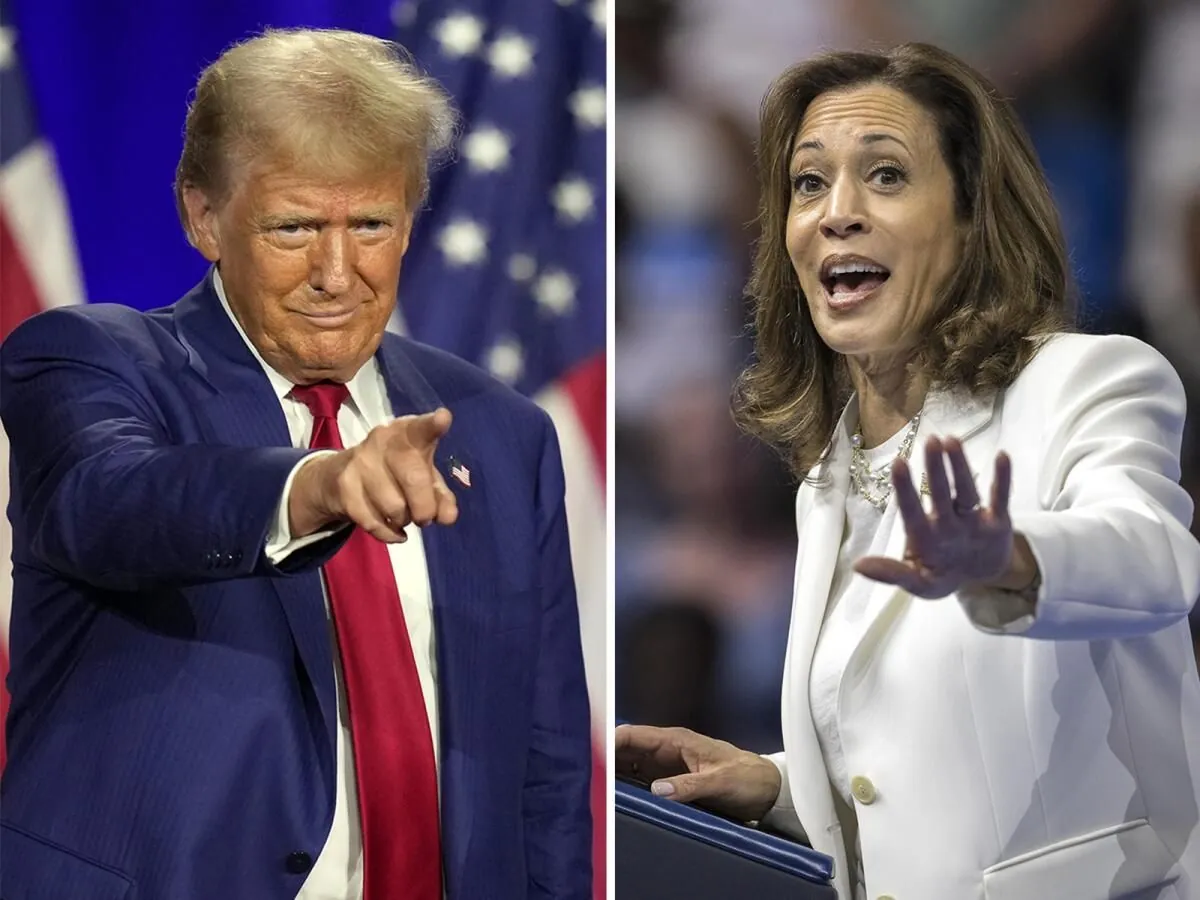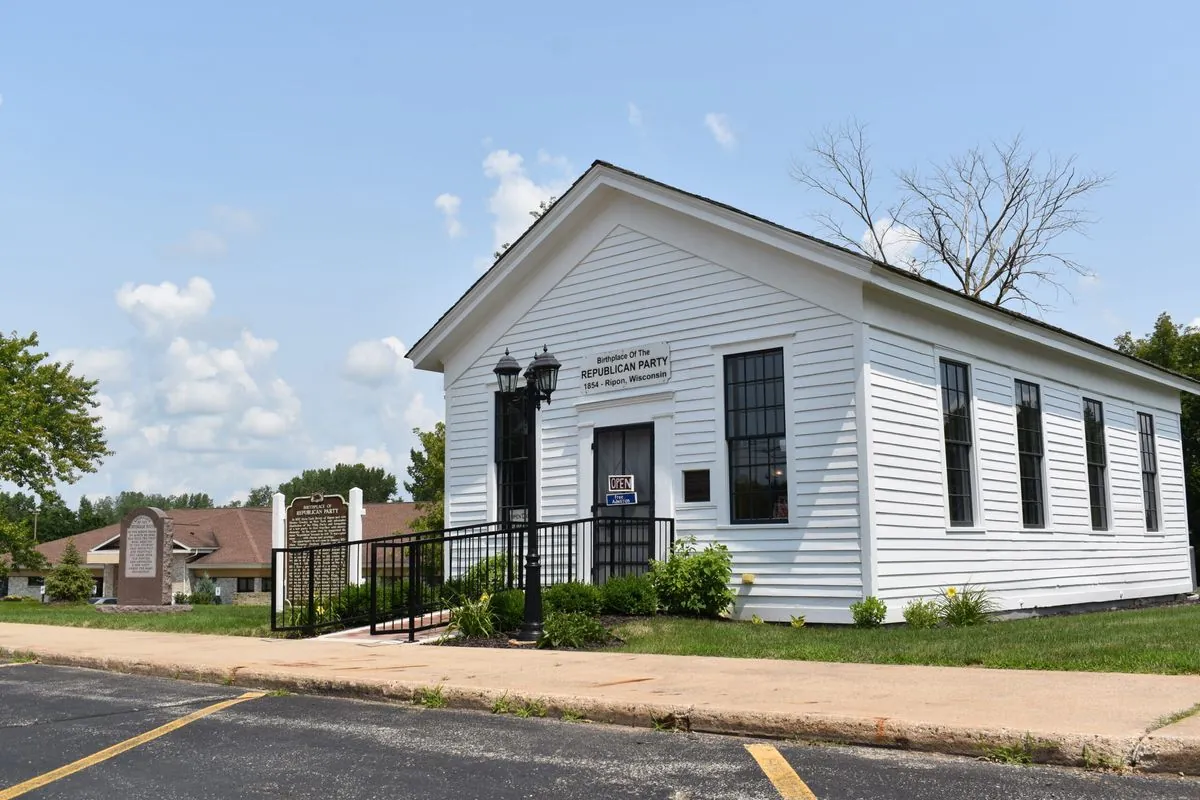Harris and Trump Target Crucial Midwest States in Election Push
Democratic and Republican presidential candidates focus on Wisconsin and Michigan, with Liz Cheney joining Harris. Recent legal developments and Hurricane Helene's impact shape campaign narratives.

As the 2024 presidential election intensifies, Kamala Harris and Donald Trump are concentrating their efforts on the crucial Midwest states of Wisconsin and Michigan. These states, along with Pennsylvania, form part of the "blue wall" battleground states, which have played a pivotal role in recent elections.
Harris, the first woman, African American, and Asian American vice president in U.S. history, is embarking on a two-day campaign tour in Wisconsin and Michigan. In a significant development, she will be joined by Liz Cheney, daughter of former Vice President Dick Cheney and one of Trump's most vocal Republican critics, at an event in Wisconsin. This collaboration aims to appeal to moderate voters and potentially unsettle the former president.
The event is set to take place in a historic white schoolhouse in Ripon, Wisconsin, a location steeped in political significance. Ripon is considered the birthplace of the Republican Party, where a series of meetings opposing slavery's expansion led to the party's formation 170 years ago. This choice of venue underscores the evolving political landscape and the shifting allegiances within the Republican Party.

Cheney's support for Harris comes after she lost her Wyoming congressional seat two years ago to a Trump-endorsed candidate. Her endorsement of Harris last month marks a significant departure from traditional party lines, reflecting the deep divisions within the Republican Party.
"I believe in putting country over party. Our democracy faces unprecedented challenges, and we must unite to protect it."
Meanwhile, Trump is scheduled to hold a rally in Saginaw County, Michigan, a bellwether region that has accurately predicted the outcome of presidential elections since 1980. This focus on Michigan highlights its importance as a swing state, having voted for the winning presidential candidate in 21 out of the last 25 elections.
The campaign trail has been further complicated by recent legal developments. A federal judge has unsealed a 165-page court filing detailing prosecutors' case against Trump for his alleged attempts to overturn the 2020 election results. Trump has pleaded not guilty to charges of conspiracy and obstruction. This legal battle adds another layer of complexity to an already contentious election cycle.
Climate change has unexpectedly emerged as a central campaign issue following the devastation caused by Hurricane Helene. The storm's impact has brought environmental concerns to the forefront, with both candidates addressing the federal response to the disaster. This shift in focus underscores the increasing importance of climate policy in U.S. elections.
As the campaign intensifies, the candidates are navigating a political landscape shaped by historical precedents, recent events, and evolving voter concerns. With the highest voter turnout in over a century recorded in the 2020 election, both Harris and Trump are working to mobilize their bases and sway undecided voters in these crucial battleground states.
The outcome of this election could have far-reaching implications for the future of American politics, potentially reshaping the traditional two-party system that has dominated since the mid-1850s. As the candidates traverse the Midwest, they carry with them the weight of history and the hopes of their respective parties.


































